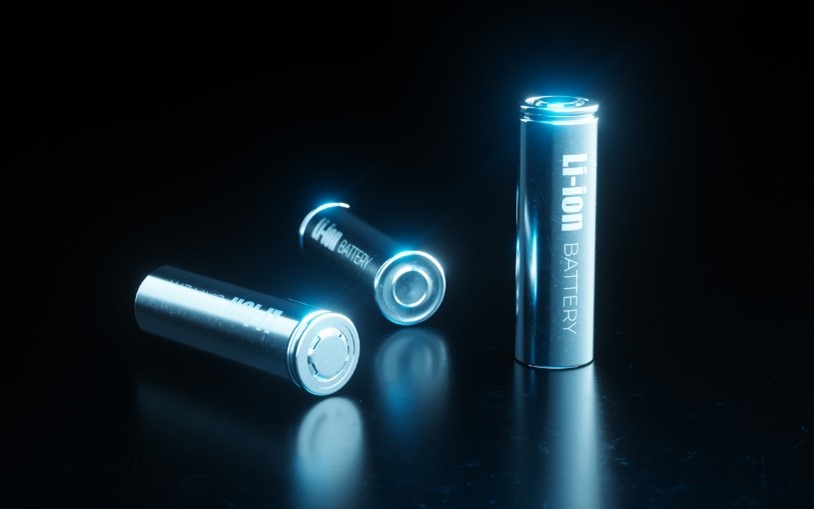Every May, National Electrical Safety Month serves as a reminder of the importance of electrical safety in our homes, workplaces, and communities. It aims to raise awareness about potential electrical hazards and promote measures to prevent accidents, injuries, and fatalities. In recent years, one significant aspect of electrical safety that has gathered attention is the potential dangers associated with lithium-ion batteries.
Lithium-ion batteries have become a staple in our modern lives, powering everything from smartphones and laptops to electric vehicles and power tools. While these batteries offer numerous benefits, including high energy density and rechargeability, they also pose significant risks if mishandled or damaged.
Read on to learn about the potential dangers of lithium-ion batteries and how you can protect your home and loved ones.
Every May, National Electrical Safety Month serves as a reminder of the importance of electrical safety in our homes, workplaces, and communities. It aims to raise awareness about potential electrical hazards and promote measures to prevent accidents, injuries, and fatalities. In recent years, one significant aspect of electrical safety that has gathered attention is the potential dangers associated with lithium-ion batteries.
Lithium-ion batteries have become a staple in our modern lives, powering everything from smartphones and laptops to electric vehicles and power tools. While these batteries offer numerous benefits, including high energy density and rechargeability, they also pose significant risks if mishandled or damaged.
Read on to learn about the potential dangers of lithium-ion batteries and how you can protect your home and loved ones.

Dangers of Lithium-ion Batteries
- Thermal Runaway: One of the most concerning risks associated with lithium-ion batteries is thermal runaway. This phenomenon occurs when a battery overheats, leading to a rapid increase in temperature and the release of flammable electrolytes. If not contained, thermal runaway can result in a fire that is difficult to extinguish and may cause significant property damage or even loss of life.
- Physical Damage: Dropping, crushing, or puncturing a lithium-ion battery can compromise its integrity and trigger a thermal runaway event. Even seemingly minor damage to the battery casing or internal components can increase the likelihood of a fire.
- Overcharging: Overcharging a lithium-ion battery or exposing it to high temperatures can also lead to overheating and potential fire hazards. Charging devices overnight or leaving them in direct sunlight can exacerbate these risks.
- Manufacturing Defects: While rare, manufacturing defects in lithium-ion batteries can cause malfunctions that result in fires or explosions. These defects may include impurities in the battery materials, poor assembly, or inadequate quality control measures.
Preventing Risks Associated with Lithium-ion Batteries
- Use genuine products. Purchase lithium-ion batteries and devices from reputable manufacturers and authorized retailers. Counterfeit or substandard products may pose higher risks of malfunction and fire.
- Handle with care. Avoid dropping, crushing, or exposing lithium-ion batteries to extreme temperatures. Treat them gently and store them in a cool, dry place away from direct sunlight.
- Follow charging instructions. Adhere to the manufacturer's recommendations for charging lithium-ion batteries. Avoid overcharging them or using incompatible chargers, as this can lead to overheating and potential fire hazards.
- Monitor for signs of trouble. Be vigilant for any signs of overheating, swelling, or unusual odors emanating from lithium-ion batteries or devices. If you notice any abnormalities, discontinue use immediately and seek professional assistance.
- Dispose of batteries properly. When disposing of lithium-ion batteries, follow local regulations and recycling guidelines. Many communities offer battery recycling programs to ensure safe disposal and minimize environmental impact.
As we observe National Electrical Safety Month, let's prioritize electrical safety in all aspects of our lives. If you’re experiencing any electrical issues in your home, contact Blau Sudden Service today. Our experienced electricians have the knowledge and tools to resolve any issue and keep your home protected from electrical hazards. Call us today to schedule service.






